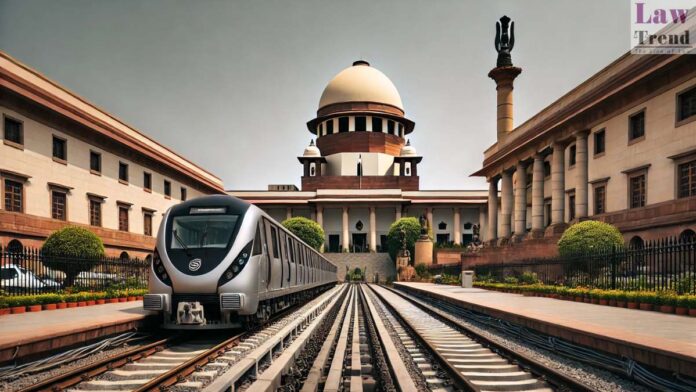In a landmark decision, the Supreme Court of India ruled that the unauthorized procurement and sale of railway tickets, whether through physical means or digital platforms, is a punishable offense under Section 143 of the Railways Act, 1989. The judgment, delivered on January 9, 2025, bridges the gap between traditional ticketing practices and modern e-ticketing
To Read More Please Subscribe to VIP Membership for Unlimited Access to All the Articles, Download Available Copies of Judgments/Order, Acess to Central/State Bare Acts, Advertisement Free Content, Access to More than 4000 Legal Drafts( Readymade Editable Formats of Suits, Petitions, Writs, Legal Notices, Divorce Petitions, 138 Notices, Bail Applications etc.) in Hindi and English.




